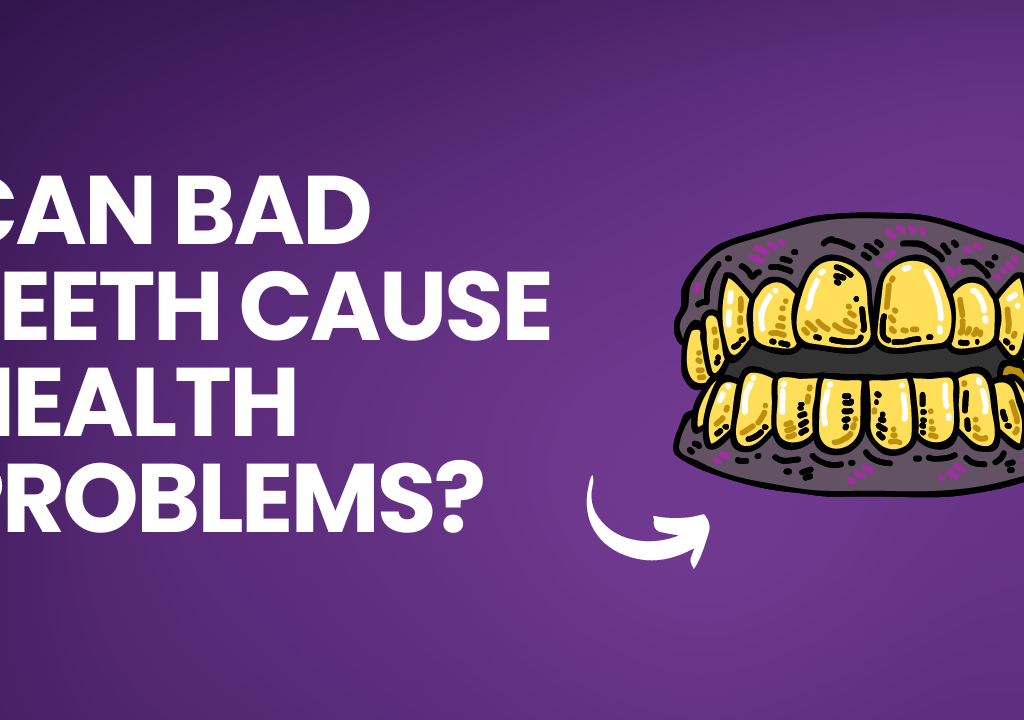Recognizing the Signs of Poor Oral

Oral health is often taken for granted until a problem arises. However, your mouth sends out subtle and not-so-subtle signals when things aren’t quite right. Understanding these signs can help you identify potential problems early on, allowing you to take action and prevent them from becoming more serious. This guide explores the tell-tale signs of poor oral health, empowering you to maintain a healthy smile.
Beyond the Obvious: Early Warning Signs
While toothaches and obvious signs of decay might scream “dental issue,” several less noticeable symptoms can indicate potential problems:
- Bleeding Gums: This is one of the earliest and most common signs of gum disease. Healthy gums shouldn’t bleed when you brush or floss. Even occasional bleeding can be a warning sign, especially if accompanied by other symptoms.
- Red, Swollen, or Tender Gums: Healthy gums should be pale pink and firm to the touch. Redness, swelling, or tenderness can indicate inflammation, which could be a sign of gingivitis or other gum problems.
- Persistent Bad Breath (Halitosis): While occasional bad breath is common, persistent halitosis can be a sign of poor oral hygiene, gum disease, or even other health issues.
- Receding Gums: This refers to the gum tissue pulling away from the teeth, exposing more of the root surface. This can be a sign of advanced gum disease and can make teeth appear longer.
- Loose Teeth: Healthy teeth are firmly anchored in the jawbone. Loose teeth can indicate severe gum disease and bone loss, requiring prompt dental attention.
Beyond the Gums: Oral Discomfort and Signs
- Sensitivity to Hot or Cold: Sudden sensitivity to hot or cold beverages or foods can indicate tooth decay, exposed tooth roots due to gum recession, or even cracked teeth.
- Mouth Sores: Canker sores or cold sores can be uncomfortable, but they usually heal within a week or two. However, persistent or recurring mouth sores can be a sign of an underlying condition.
- Pain or Difficulty Chewing: Pain or difficulty chewing can indicate various issues, including tooth decay, gum disease, or problems with your jaw joint.
- Metallic Taste in Your Mouth: A persistent metallic taste can be caused by various factors, including dry mouth, certain medications, or even sinus problems. However, it can also be a sign of dental problems like a tooth infection.
- Changes in Your Bite: If your bite feels different or your teeth don’t come together properly, it could indicate a problem with your teeth or jaw alignment.
Beyond the Mouth: Systemic Connections
Oral health is intricately linked to overall health. Poor oral health can sometimes manifest as problems in other parts of the body:
- Swollen Lymph Nodes: The lymph nodes in your neck can become swollen if you have an infection in your mouth, including gum disease or an abscessed tooth.
- Unexplained Weight Loss: Difficulty chewing due to dental problems can lead to weight loss.
- Changes in Blood Sugar Control: Gum disease can worsen blood sugar control in people with diabetes, and conversely, uncontrolled diabetes can increase the risk of gum disease.
Early Detection is Key
If you experience any of the signs and symptoms listed above, don’t ignore them. Schedule an appointment with your dentist to get a professional evaluation. Early detection of oral health problems allows for prompt treatment, minimizing the risk of complications and saving you time and money in the long run.
Beyond the Signs: When to See Your Dentist Regardless
- Regular Checkups and Cleanings: Even if you’re not experiencing any noticeable symptoms, it’s crucial to schedule regular dental checkups and cleanings, typically every six months. These preventive measures help identify and address potential problems early on.
- Dental Emergencies: For sudden and severe toothaches, injuries to the mouth or teeth, or severe bleeding, seek immediate dental attention.
Taking Control of Your Oral Health
Here are some proactive ways to maintain good oral hygiene and prevent the development of oral health problems:
- Brush Twice Daily: Use a soft-bristled toothbrush and fluoride toothpaste to brush your teeth for two minutes, twice a day.
- Floss Daily: Flossing removes plaque and bacteria from between teeth, where brushing can’t reach. Aim to floss at least once a day, ideally before bedtime.
- Healthy Diet: Limit sugary foods and drinks that contribute to plaque buildup. Focus on a balanced diet rich in fruits, vegetables, and whole grains to provide essential nutrients for oral health.
- Quit Smoking: Smoking weakens the immune system and increases the risk of gum disease and other oral health problems.pen_spark





